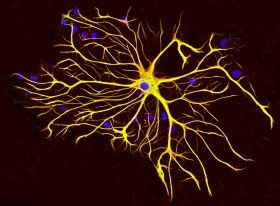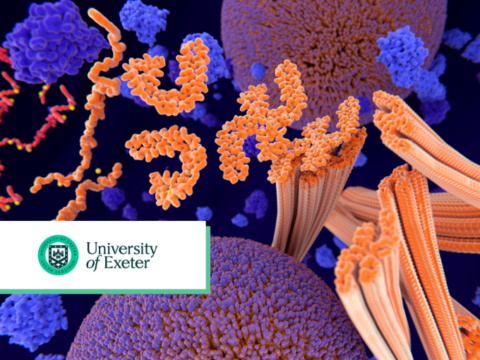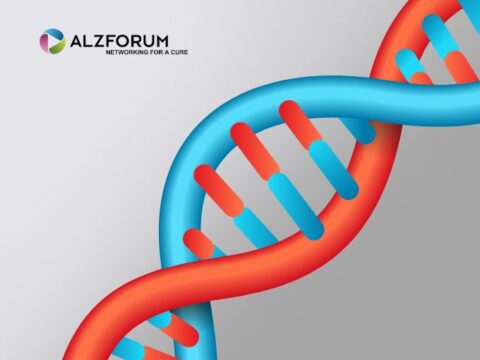 Once again, tau creates havoc—this time by hijacking astrocytes. According to a November 9 report in Nature Neuroscience, researchers led by Nicolas Toni at the University of Lausanne, Switzerland, found that in people with AD, tau accumulated in astrocytes of the hilus, a portion of the hippocampus.
Once again, tau creates havoc—this time by hijacking astrocytes. According to a November 9 report in Nature Neuroscience, researchers led by Nicolas Toni at the University of Lausanne, Switzerland, found that in people with AD, tau accumulated in astrocytes of the hilus, a portion of the hippocampus.
In mice, they found that too much tau in these astrocytes impaired mitochondrial function and ATP production. This reduced the number of inhibitory neurons in the hippocampus, put the kibosh on neurogenesis, and suppressed neuronal network activity there. The mice had trouble navigating a water maze. Mouse memory deficits were rescued by ramping up activity of inhibitory neurons. All told, the findings hint that tau pathology extends beyond neurons in people with AD and that glial tau might contribute to dementia.

 Print This Post
Print This Post




